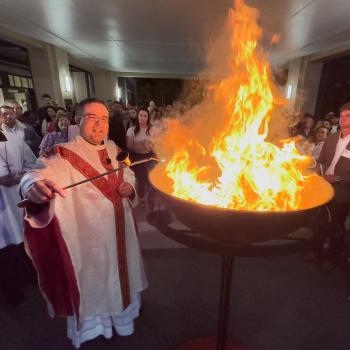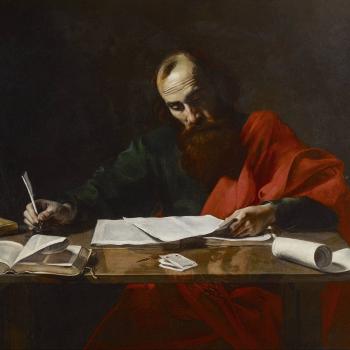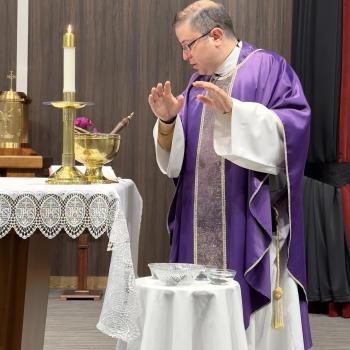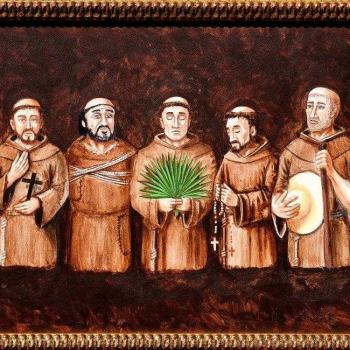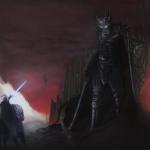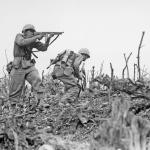Nearly all my students were Greek Catholics, those who preserve the liturgy and traditions of the east while remaining in communion with the Pope in Rome. The Ukrainian Greek Catholic Church is one of the several churches that make up the Catholic Church. Most of my students had participated in the recent 2005 peaceful Orange Revolution which saw the fall of an illegitimate regime and the election of the western leaning president Viktor Yushchenko. Along with a hopeful political situation came a dynamic and growing Ukrainian Church with a full seminary and a growing Catholic university. After decades of worshipping underground, Ukrainian Catholics were grateful to practice their faith openly.
When the Soviet Union invaded Lviv in 1945, the Theological Academy of Lviv was closed and its rector, Bishop Josyf Slipyj, was sentenced to a labor camp in Siberia. The following year the Ukrainian Catholic Church was officially dissolved and forcibly joined to the Russian Orthodox Church. Millions of Ukrainian Catholics lost their parishes, schools and other institutions. They continued to worship underground. Soviet policies called for the eradication of the Ukrainian language and culture. Millions died of starvation while Ukraine continued to be the bread basket of the Soviet Union.
Bishop Slipyj was released in 1963 after President Kennedy exchanged him for a Soviet spy. Slipyj promptly founded the Ukrainian Catholic University in Rome. Soon after the fall of the Soviet Union in 1991, the Lviv Theological Academy began operating again under the guidance of Father Borys Gudziak, one of Slipyj’s students in Rome. In 2002, the Academy officially became the Ukrainian Catholic University. Before Josyf Slipyj died in 1984, he stated that once the Soviet Union fell, he wished for his body to be transferred to Lviv. Soviet authorities scoffed at his words, yet in 1992 his body was transferred from Rome to the Cathedral of Saint George in Lviv. He further stated before dying, that when the Greek Catholic and Orthodox Churches in Ukraine reunited, he wished for his body to be transferred to Kiev. That may still take some time to happen.
Unfortunately the political climate in Ukraine has changed in recent years. The peaceful Orange Revolution of 2005 was replaced by a revolution of death and confrontation in 2014. Though politics may be turbulent, the zeal and mission of Greek Catholic Ukrainians continues. A Church that has known extreme persecution and suffering rallies on, confident and unafraid.







